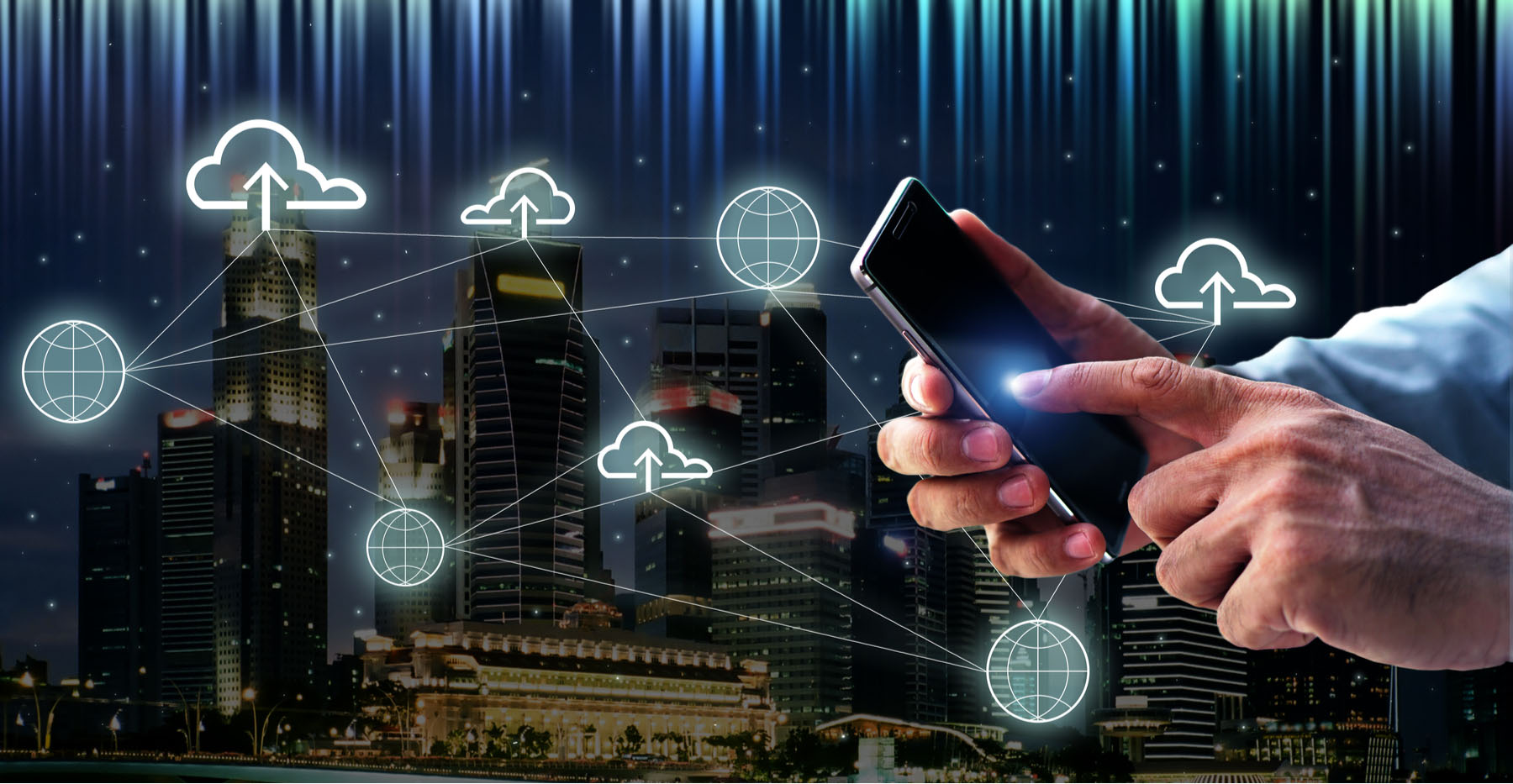In 2010, artificial intelligence (AI) solutions for commercial life sciences were in their infancy. What seems straightforward, in retrospect, felt almost Jetsonian at the time. The first intelligence platforms were meant to remove the burden of data analysis from life sciences sales teams and give brand marketers an effective way to communicate strategy to the field. These early solutions excelled at important sales tasks such as call plan adherence and optimizing reps’ schedules and priorities, but they were far from comprehensive.
One decade later, the same issues early AI solutions set out to solve still apply, but on a much grander scale. Today, the life sciences industry must embrace more channels, data, and complexity. With more information comes more opportunity, but only if prevailing AI solutions can evolve to help users capitalize on deeper levels of insight and address the new challenges that arise.
If the first application of AI in the life sciences commercial process was like a calendar application, sending notifications and reminders to keep reps on schedule throughout their day, then AI 2.0 is like a high-powered executive assistant who supports the entire commercial team. The next wave of AI will feel like an indispensable colleague—someone who can balance ideal outcomes against real-world constraints and capture the necessary context to orchestrate meaningful interactions between the brand and each HCP.
Here’s what a next-generation AI assistant might look like.
It Uses a Hybrid Approach that Works in the Real World
The most effective AI solutions layer machine learning algorithms with business rules that reflect on-the-ground insights and establish common-sense guardrails. It’s possible, for example, that a detected sales change, a clinical information request, and a missed virtual visit could trigger three different emails simultaneously to the same HCP. Most would agree that this frequency is overwhelming. A simple rule limiting the number of emails per week would prevent such an overlap and maintain a reasonable cadence of communication.
The hand-tuned, rules-based approach that defined the industry’s early foray into AI isn’t scalable, nor is it agile enough to keep pace with today’s dynamic market landscape. At the same time, machine learning alone doesn’t leverage the commercial team’s nuanced experience and, when deployed without context, risks promoting strategies that aren’t practical such as the previous example of triggering three different emails to the same rep.
If a rep knows that a particular HCP makes the majority of her prescribing decisions based on the availability of copay cards, then the AI platform should know that, too. The next generation of AI technology will weave together human insight and advanced technologies, evaluating observed trends against real-world context to deliver the optimal customer experience.
It Knows Precisely What to Say to Make a Good Impression
Providing timely information on the topics that matter most to physicians and their patients is one of the few ways to justify asking for their limited time. However, being a useful resource requires a deeper understanding of an HCP’s interests beyond broad categories such as efficacy or safety. The reality is that looking at explicit interactions between the brand and HCPs only paints part of the picture.
How do an HCP’s interests shift after attending a conference about new therapies? What information will a physician be looking for if the FDA issues a black box warning for a similar drug? These data points aren’t directly linked to the brand, but they do contribute to the critical context that informs an HCP’s preferences and behavior. AI 2.0 will give comprehensive consideration to every recent action the HCP has taken, as well as key demographic data and any peripheral market activity, to help commercial and medical teams quickly identify what’s most relevant at the moment of engagement.
It Knows Exactly When, How, and Where to Reach Each Customer
As digital channels take precedence, personalization becomes even more paramount to ensure a more humanized, relevant engagement. AI is the best way to separate the signal from the noise, scouring mountains of data and learning from the history of HCP interactions to engage with them when and how they want—on the right channel, at the right time, with the right content.
Imagine that instead of automating brand interactions in a simple, linear way (if an HCP does X, then marketing does Y), brand managers could task AI with identifying the best next step from a portfolio of approved actions, within a given timeframe, that they define. Using this approach, it’s possible to personalize the customer journey hundreds of times over within the bounds of a single campaign. For an HCP who enjoys speaking at industry events, the best way to follow up after a webinar might be with an invitation to participate in an upcoming virtual congress. For an HCP who typically seeks out information independently, it might be more effective to follow up attendance with an email encouraging a visit to the brand portal.
With every interaction, new data points emerge to further augment and enhance the various AI models powering the bespoke customer journey. The engagements continuously grow more relevant, more personalized, and ultimately, increasingly more effective.
It’s Ready for the New Normal
At a time when HCPs are being especially inundated with digital communication, connecting each brand touchpoint into a natural conversation is essential. The next-generation of AI aims to do that by placing a premium on relevance, alignment, and ongoing optimization. Further, as we settle into a post-pandemic, new normal, AI 2.0 will be a critical tool for efficiently coordinating activity across multiple channels and leveraging real-time feedback to deliver the meaningful customer experience that HCPs deserve.







